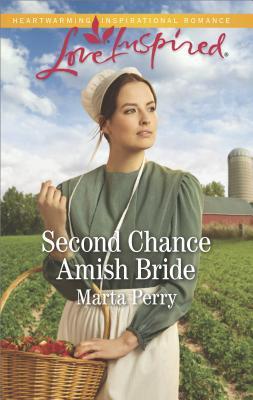By Sherry — wishing you all a lovely day
 I’m still thinking about the release of A Good Day To Buy which came out last week. With every book that comes out I think, “the next book has to be better.” Most writers (at least I hope it isn’t only me) have a tiny voice in their heads telling us we are frauds, fakes, and phonies. It’s the voice I have to shove aside or I’d never write another word. Every time a book comes out I’m afraid I’ll see a comment that says, “It wasn’t as good as the last one.” Or everyone will be thinking, “well she had a good run.” Yes, my head can be a very scary place to live some days.
I’m still thinking about the release of A Good Day To Buy which came out last week. With every book that comes out I think, “the next book has to be better.” Most writers (at least I hope it isn’t only me) have a tiny voice in their heads telling us we are frauds, fakes, and phonies. It’s the voice I have to shove aside or I’d never write another word. Every time a book comes out I’m afraid I’ll see a comment that says, “It wasn’t as good as the last one.” Or everyone will be thinking, “well she had a good run.” Yes, my head can be a very scary place to live some days.
To counteract those voices I’ve been reading two books on writing. The first one is Hit Lit: Cracking the Code of The Twentieth Century’s Biggest Bestsellers by James W. Hall. Barbara Ross knew I was a Hall fan. She saw him speak in Key West, told him I was now published, and had him sign a copy for me.
 Between 2000 and 2003 I lived in the panhandle of Florida. At the time Florida International University was running a fabulous writing conference there every fall. One year Hall (who writers thrillers) was one of the teachers and he was working on this book.
Between 2000 and 2003 I lived in the panhandle of Florida. At the time Florida International University was running a fabulous writing conference there every fall. One year Hall (who writers thrillers) was one of the teachers and he was working on this book.
One of the things I’ve never forgotten was when he talked about what does make a book last through the years. He said people want to learn something and thought perhaps this might go back to our puritanical work ethic. Fast forward to the present and it’s made me wonder if that is one of the reason cozy mysteries are so popular. Not only do readers get to go an adventure and try to solve the mystery, but they learn something. It might be a new recipe, yard sale tip, knitting pattern, or craft – the variety is endless.
In Hit Lit, Hall says, “The fierce loyalty readers feel for a certain characters grows out of a shared connection with the character’s emotional journey.” That resonates with me, the books I love be they mysteries, thrillers, romances, or literary, are all about the characters. Everything else is icing on the cake.
 The second book is The Emotional Craft of Fiction: How to Write Beneath the Surface by Donald Maass. Author Leslie Budewitz mentioned it on Facebook – thank you, Leslie! Maass says, “What shapes us and gives our lives meaning are not the things that happen to us but their significance.” Down a few paragraphs he says, “We are stories. Plot happens outside but story happens inside. Readers won’t get the true story, though, unless you put it on the page—both the big meaning of small events and the overlooked implications of large plot turns.”
The second book is The Emotional Craft of Fiction: How to Write Beneath the Surface by Donald Maass. Author Leslie Budewitz mentioned it on Facebook – thank you, Leslie! Maass says, “What shapes us and gives our lives meaning are not the things that happen to us but their significance.” Down a few paragraphs he says, “We are stories. Plot happens outside but story happens inside. Readers won’t get the true story, though, unless you put it on the page—both the big meaning of small events and the overlooked implications of large plot turns.”
I work with Barb Goffman who is an independent editor. After I’ve written the first draft I send it off to her. The first book we worked together on was The Longest Yard Sale – there were many notes in that one that said, “What is Sarah thinking?” or “Let us see how Sarah reacts.” I’ve had less of those comments as time has passed but it’s a valuable lesson in developing characters. It’s something I easily see in manuscripts when I edit but not always in my own.
It’s interesting that both Hall and Maass use some of the same authors as examples in their books like Stephen King and Harper Lee. I have hard copies of both books so I can mark them up, put in tabs, and refer back to passages. I’m only about a quarter of the way through each book, but I already know that they will make my writing better.
Readers: Is there an emotionally significant event in a book that has stuck with you? Please try to avoid spoilers — maybe mention a title or character that affected you. Writers: Do you have a favorite writing conference? I’d love to go to another great writing conference!
Share this:




